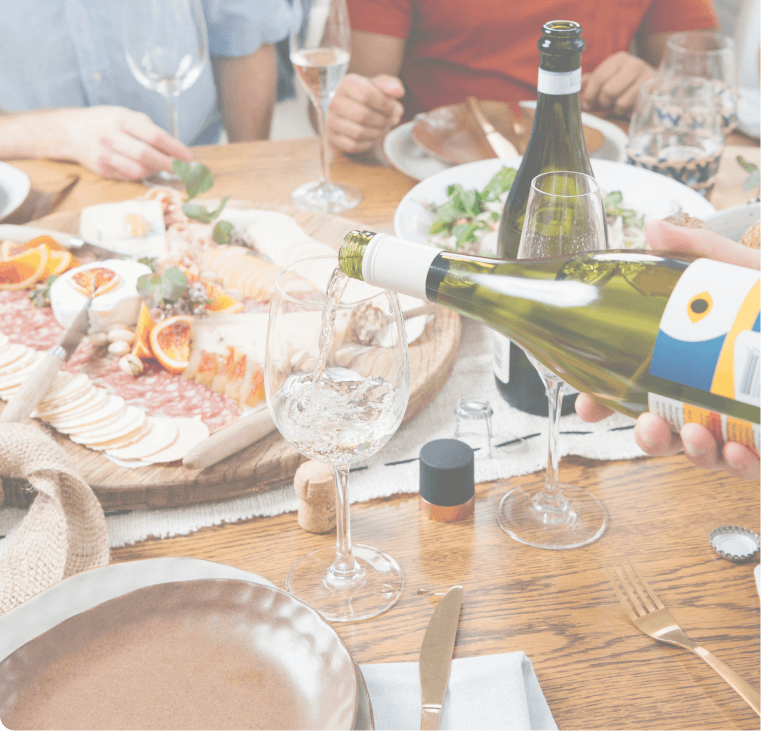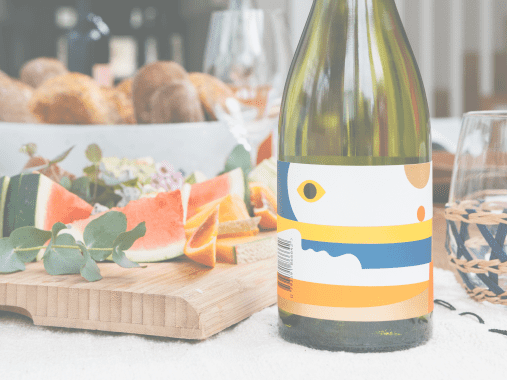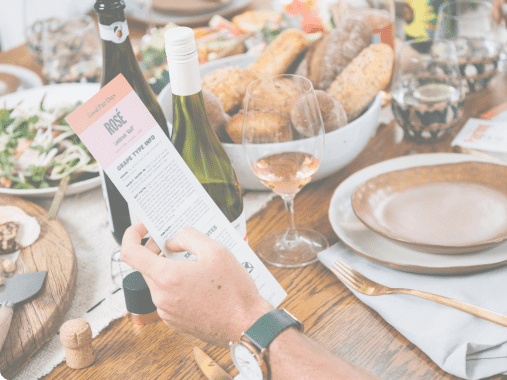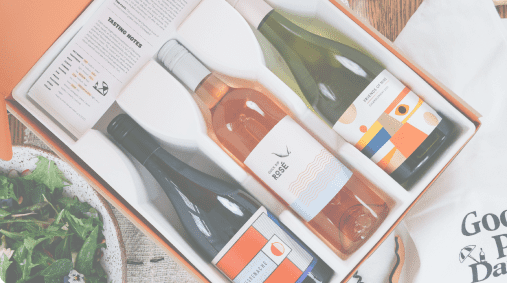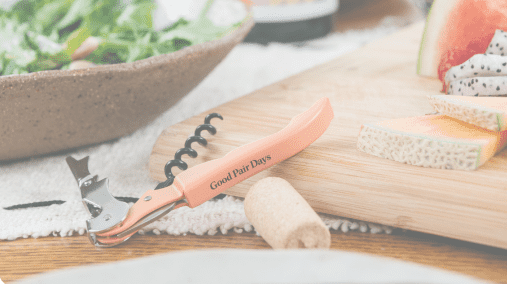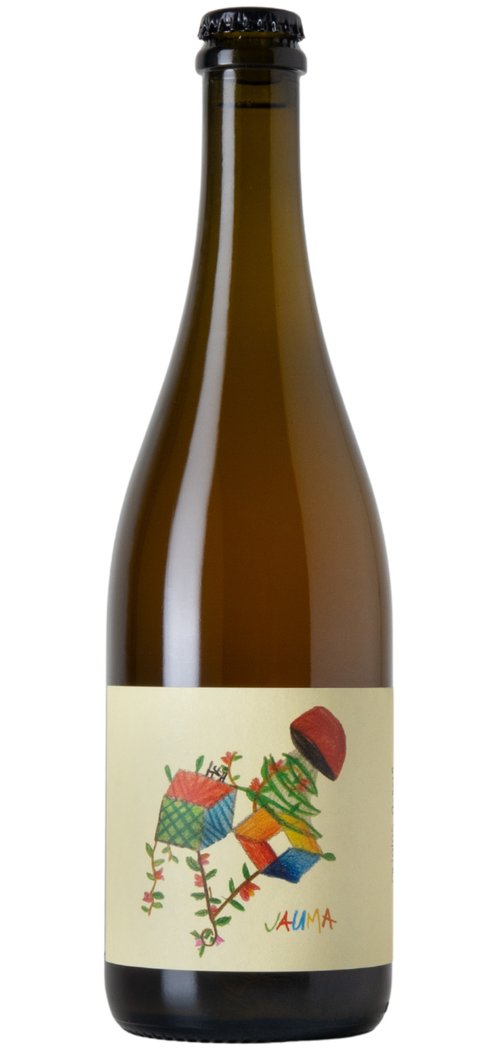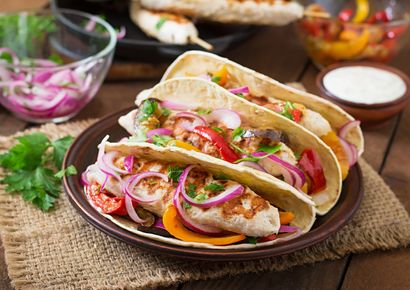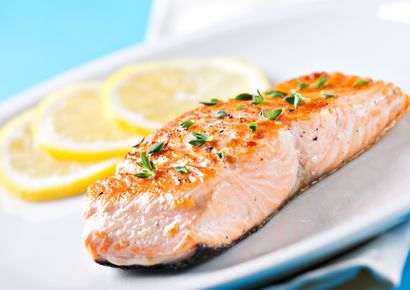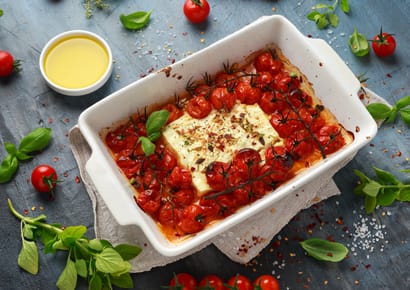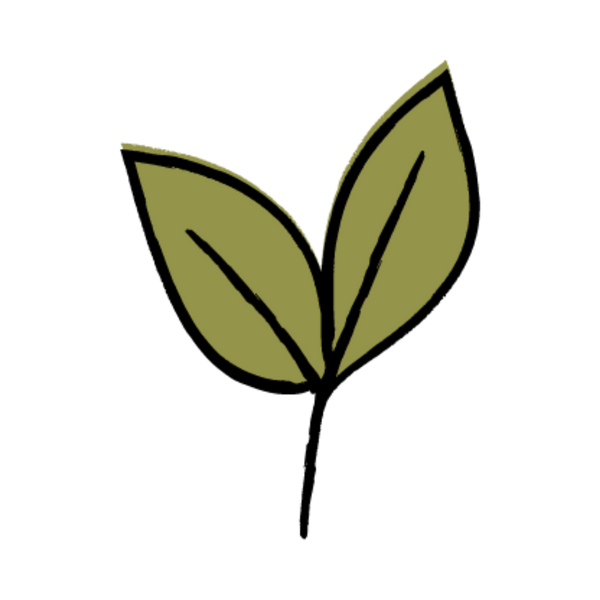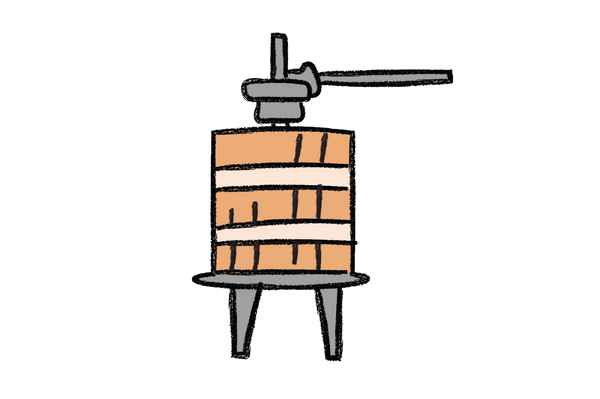Jauma 'Origins' Skin Contact 2024
Primary flavours

Bitter Lemon

Blood Orange

Nashi Pear

Beeswax

Ginger

Orange Blossom
Details
You don't see much Arneis from South Australia, let alone made as a skin contact wine. So this is a rare bird indeed! The fruit is grown in Kuitpo, in the Adelaide Hills. It sees 2 weeks of skin contact and this results in flavours of marmalade, cooked pear and peach and a wonderfully deep and rich palate that is held in line by zesty, citrussy acidity and a twang of tannin. Delicious.
James Erskine walks two paths as top sommelier and winemaker, and he does it so naturally you’d think there were two of him. Try Sommelier of the Year, top of the class at his Court of Masters exams, Young Gun of Wine Winemaker’s Choice 2013, and Len Evans Scholar 2019. Leave some for the rest of us! While Erskine retains ‘somm tricks’ up his sleeve, farming and winemaking are now the focus. The philosophy is natural, eschewing manipulation and additions; they haven’t used sulphur since 2015! The wines are, quite literally, wild. Put it this way, he’s learnt the ‘rules’ of the game, and he knows when to break them. Erskine adopts a biological farming system with the help of legendary grower Fiona Wood in McLaren Vale, while tending to his own in Adelaide Hills. Above ground, he uses aerated compost teas to build the plants’ defences against mildew. On the ground, Jauma has introduced some 26 cover crops in the vineyard and his cherry orchard to increase water use efficiency and disease resistance, resulting in healthier vines and wines without the need for sulphur in the vineyard or winery. Pretty neat huh?
James Erskine walks two paths as top sommelier and winemaker, and he does it so naturally you’d think there were two of him. Try Sommelier of the Year, top of the class at his Court of Masters exams, Young Gun of Wine Winemaker’s Choice 2013, and Len Evans Scholar 2019. Leave some for the rest of us! While Erskine retains ‘somm tricks’ up his sleeve, farming and winemaking are now the focus. The philosophy is natural, eschewing manipulation and additions; they haven’t used sulphur since 2015! The wines are, quite literally, wild. Put it this way, he’s learnt the ‘rules’ of the game, and he knows when to break them. Erskine adopts a biological farming system with the help of legendary grower Fiona Wood in McLaren Vale, while tending to his own in Adelaide Hills. Above ground, he uses aerated compost teas to build the plants’ defences against mildew. On the ground, Jauma has introduced some 26 cover crops in the vineyard and his cherry orchard to increase water use efficiency and disease resistance, resulting in healthier vines and wines without the need for sulphur in the vineyard or winery. Pretty neat huh?
Read more
Taste Summary
This wine’s tasting notes are leaning towards medium bodied, low sweetness, with high acidity, very fruity, medium tannins, medium alcohol and no oak.
Specs
Region
Adelaide Hills
country
Australia
Grape type
Orange Wine
Wine Maker
Jauma
Alcohol
13.5%
Vintage
2024
Cellar period
3-5 years
Closure
Crown Seal
Production method
Preservative Free
Temperature
Cold 5°C-8°C
State
SA
Pairing guide
We’re always delighted to discover a new skin contact wine to share with you all, and this beautiful orange wine from Juama is right up there with the best of them. Like most orange wines, this one is happiest paired with Middle Eastern-inflected dishes of falafel, grain-based salads and pomegranate molasses, as well as anything featuring heritage grains, chickpeas and lentils. Walnuts, almonds, garlic shellfish, baked feta with roast tomatoes, grilled chicken breast and pork chops… the list goes on and on!
Read more
Food

Turkish

Lebanese

Middle Eastern
Tastes

Bitter

Fruity

Unique
Moods

Adventurous

Mood for something different
Seasons
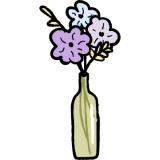
Spring

Cooler Months
Recipe Matches
Wine region

Adelaide Hills, Australia
The Adelaide Hills wine region, located in South Australia's Mount Lofty Ranges
of South Australia is characterised by its high altitude, cool climate, and diverse soils, which all contribute to the unique terroir that produces elegant, complex, and expressive wines. The region's altitude ranges from 400 to 700 meters above sea level, creating a cooler climate than other wine regions in South Australia. The cool temperatures slow down the ripening process of the grapes, resulting in wines with high acidity, delicate aromatics, and elegant flavours. Top sub-regions are Lenswood, Piccadilly Valley, and Basket Range, each with unique microclimates and diverse soil types that produce singular wine styles, the highlights are Sauvignon Blanc, Chardonnay, Pinot Noir, Shiraz and a whole lot more!
Read more

